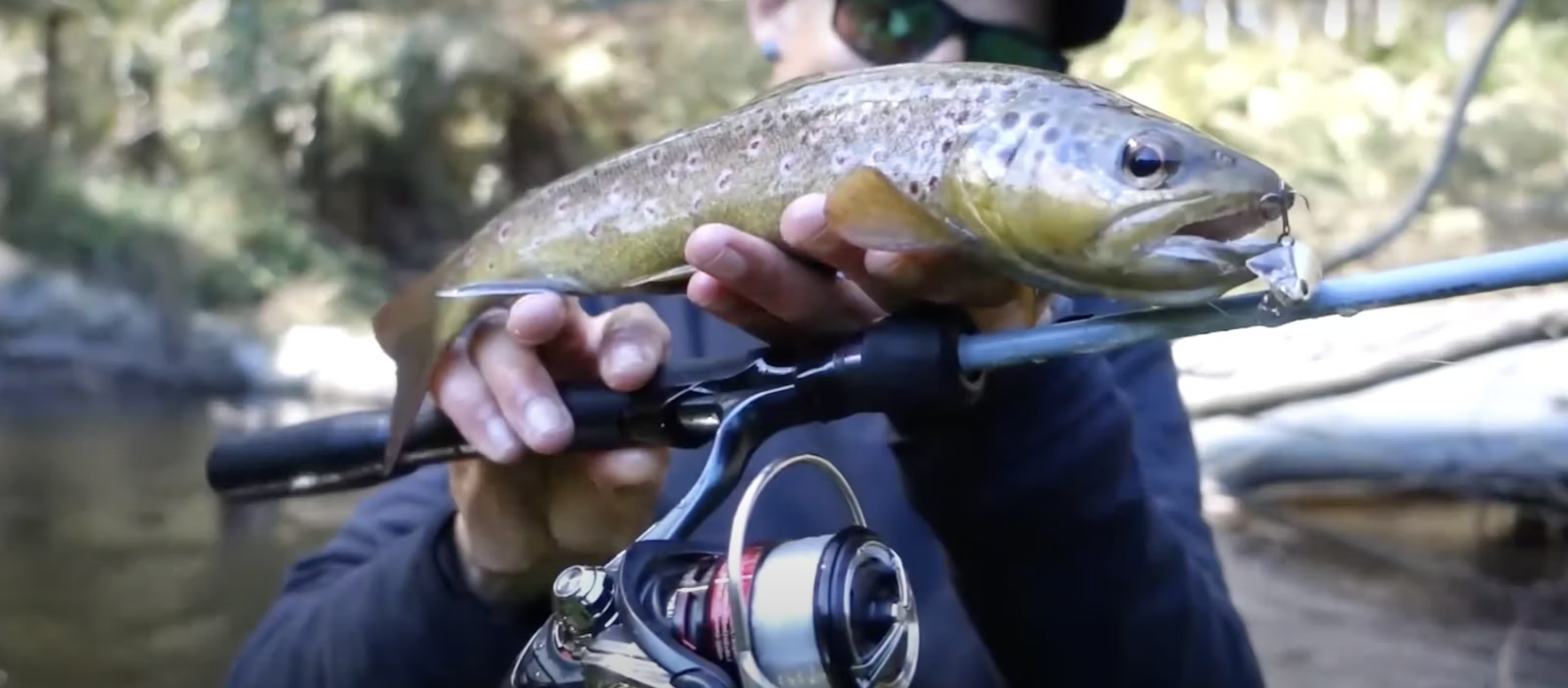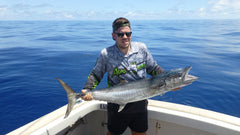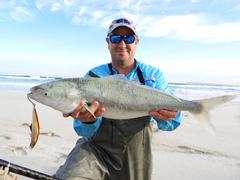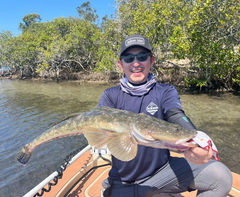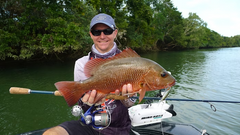Secrets to Trout Fishing in Australia Using Lures
Trout fishing in Australia is a thrilling pursuit that draws anglers to the pristine waters of its rivers and lakes. Whether you're a seasoned angler or a novice looking to hook your first trout, this comprehensive guide will equip you with the skills and knowledge needed for a successful fishing expedition. Read on to discover the best techniques and tackle to maximize your chances of landing that prized Australian trout.

What are Trout?
Trout are a group of fish belonging to the Salmonidae family, with several species introduced into Australian waters from the northern hemisphere. The most common species include Rainbow Trout (Oncorhynchus mykiss) and Brown Trout (Salmo trutta). Both are a prized catch for anglers. In Australia, trout are predominantly found in cooler waters of the southern states. Prime trout fishing locations can be found in Victoria, Tasmania, and the Snowy Mountains in New South Wales and parts of Western Australia. Research local regulations and obtain the necessary permits before embarking on your fishing adventure. Popular spots include the Eucumbene River, Lake Jindabyne, and the famous Great Lake in Tasmania.

Tricky Trout Behaviour
Trout are known for their agility and can often be seen leaping out of the water. Often spotting a trout is a far more subtle affair; a tiny dimple on the water surface, a shadow on the stream bed that moved or even something that may just be a rock. They are predatory fish and hence can be willing lure takers. Trout primarily feed on aquatic insects, small fish, and crustaceans. They are a highly sensitive fish and in areas that receive moderate to high fishing pressure must be approached with stealth to avoid spooking them.
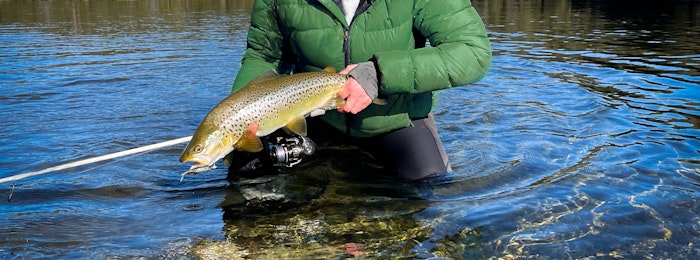
Spin Rods for Trout Fishing
A medium-light to medium spin rod and reel is ideal for trout fishing around lake shores, rivers, and streams. Lengths up to 7’6” are ideal for casting around lakes where sometimes you want greater distance from a heavier lure like a Tassie Devil or Baltic Minnow. Shorter rods are best suited to light stream work where a long rod is more of a hindrance. The Daiwa Presso range is specifically designed for small streams where conditions can get very tight. A 5’6” or 6’ ultra-light 1-4kg rod casting light lures will make short work of accurate casts.

Bait for Trout Fishing
While this guide focuses on trout fishing with lures, live baits like worms, minnows, and insect larvae can also be very effective. Each state in Australia has specific regulations regarding the size and possession limits for trout. Closed seasons are also in effect in some regions, primarily to protect the species during their spawning period.
Recommended Lures for Trout
Spinners and spoons are highly effective and can be cast far and accurately. Smaller profile lures are generally preferred, as they closely resemble the size of natural trout prey.

- Rebel Teeny Wee Crawfish
- Tasmanian Devil
- Silver Spoon
- Nils Master Bingo
- Daiwa Double Clutch 60mm
- Berkley Power Minnow 3"
Follow the Contours
When fishing in rivers or streams, let your lure follow the natural contours of the bottom. This technique is particularly effective in areas with varying depths and structures, such as rocks or fallen trees, where trout often lie in wait for prey. In flowing waters, use the current to your advantage. Cast upstream and let your lure drift down naturally with the current, retrieving it slowly.

Landing Trout
Use a net to land the trout gently. Trout can jump, kick, and change direction with tremendous force to evade capture. Lifting a fish out of the water by the leader is an almost sure-fire way to lose a fish, often your lure too. A folding net is a huge advantage to the land-based trout angler.
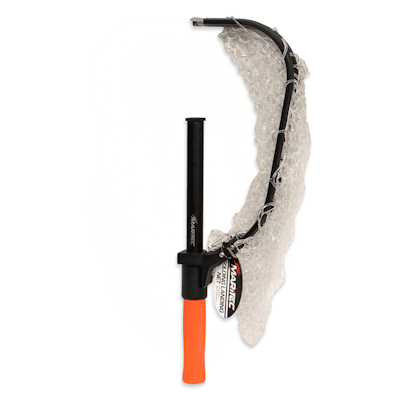
Are Trout Good Eating Fish?
Yes, trout are highly regarded for their delicate flavour and texture. They are a popular choice among anglers and gourmets alike.

In conclusion, trout fishing in Australia with lures offers an exciting and rewarding experience. Understanding trout behaviour, habitat, and the right gear can significantly increase your success rate. Remember to respect local regulations and practice catch-and-release when appropriate to help conserve these magnificent fish for future generations.
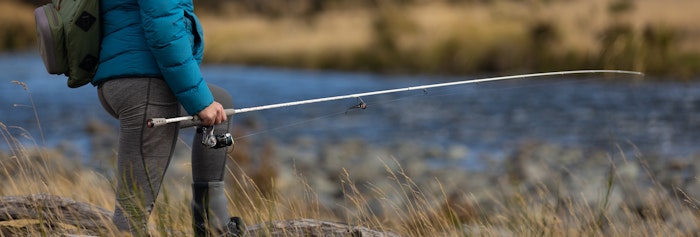
Happy fishing!

